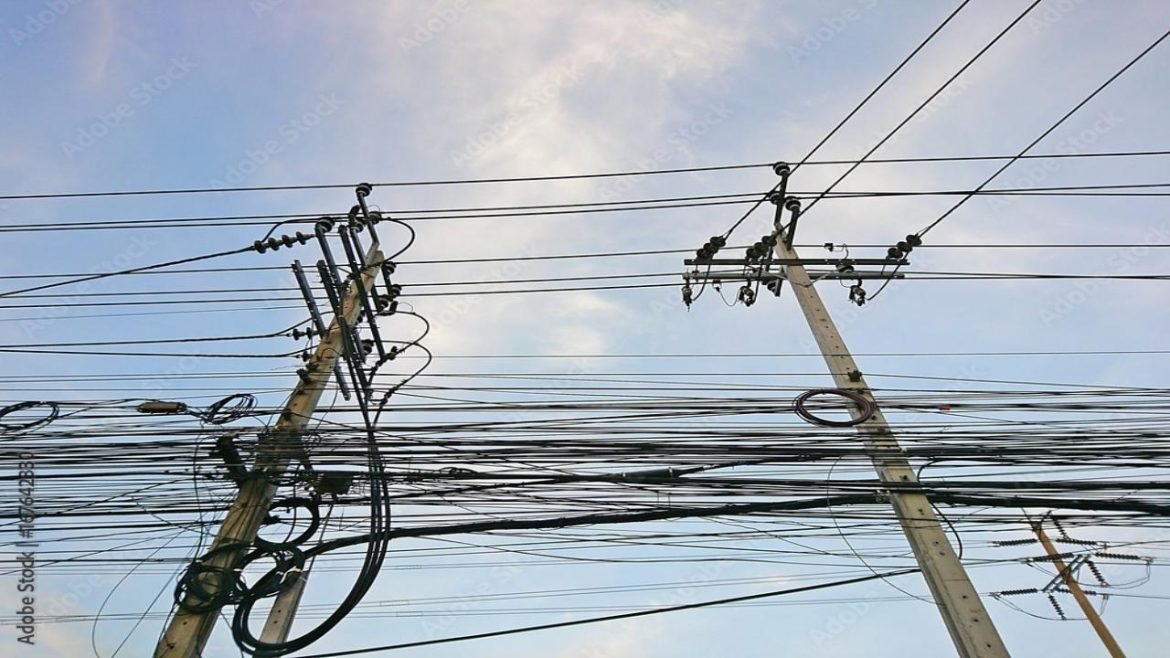In an era where industrial efficiency and high-speed communication are paramount, fiber optic connectors stand out as vital components in modern industrial solutions. These connectors, central to fiber optic technology, have revolutionized data transmission, offering unparalleled speed and reliability. This article delves into the world of advanced fiber optic connector technologies, exploring their role in shaping next-generation industrial solutions.
Understanding Fiber Optic Connectors
Fiber optic connectors are specialized devices designed to join optical fibers where a connect/disconnect capability is needed. They ensure light signals pass efficiently and accurately between cables, devices, or within a network. The uniqueness of these connectors lies in their ability to transmit light, rather than electrical signals, offering advantages such as higher bandwidth, reduced electromagnetic interference, and longer transmission distances.
Technological Advancements
Recent advancements in fiber optic connector technology focus on enhancing connection quality and installation ease. Key developments include:
Miniaturization
Modern connectors are becoming increasingly compact, allowing for higher density in fiber optic networks. This is crucial in industrial environments where space is often at a premium.
Improved Alignment Features
Precise alignment is critical in fiber optics. Advanced connectors now come with improved alignment mechanisms, ensuring lower loss and higher performance.
Enhanced Durability
Industrial connectors are designed to withstand harsh environmental conditions, including temperature extremes, moisture, and mechanical stresses.
Field-Installable Connectors
These connectors can be assembled on-site, reducing installation time and allowing for immediate repairs and adjustments.
Applications in Industry
The robustness and efficiency of advanced fiber optic connectors have led to their widespread adoption in various industrial sectors:
Manufacturing
High-speed data transfer is essential in modern manufacturing for monitoring and controlling machinery. Fiber optics facilitate real-time data collection, enhancing efficiency and precision.
Energy Sector
In power generation and distribution, fiber optic connectors are used for their immunity to electromagnetic interference, ensuring stable and secure communication.
Transportation
Railways and urban transit systems utilize fiber optics for signaling and communication, relying on the durability and reliability of advanced connectors.
Telecommunications
Fiber optic connectors are integral to the backbone of global communication networks, enabling fast and reliable data transfer across continents.
Challenges and Future Prospects
Despite their advantages, challenges in deploying fiber optic connectors in industrial settings remain. These include the need for skilled installation, sensitivity to dirt and damage, and the higher initial cost compared to traditional copper connectors. However, ongoing research and development are addressing these challenges, pushing the boundaries of what these connectors can achieve.
The future of fiber optic connectors in the industry looks promising, with trends leaning towards even faster data rates, increased miniaturization, and smarter, self-diagnosing connectors. The integration of fiber optics with emerging technologies like the Internet of Things (IoT) and Artificial Intelligence (AI) opens up new possibilities for industrial automation and smart manufacturing.
Conclusion
Advanced fiber optic connector technologies are more than just a component of modern industrial systems; they are a cornerstone of the digital transformation shaping industries worldwide. Their ability to provide fast, reliable, and secure data transfer is essential in today’s data-driven industrial landscape. As technology continues to evolve, the role of fiber optic connectors in enabling next-generation industrial solutions will only grow, marking a new era of efficiency and connectivity in the industrial world.
